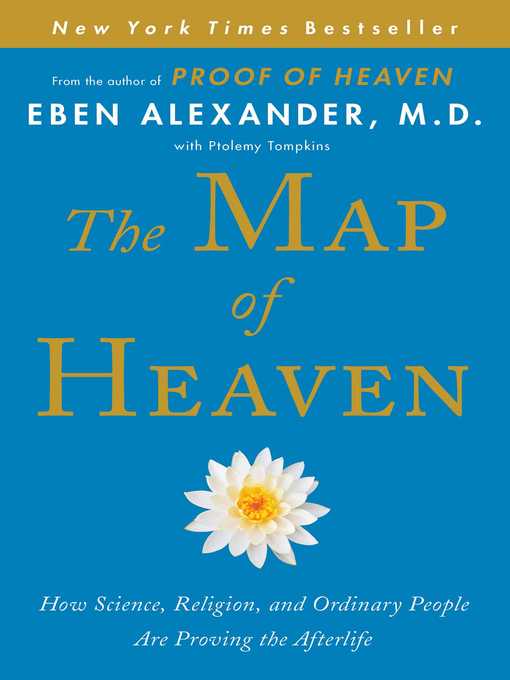
The Map of Heaven
How Science, Religion, and Ordinary People Are Proving the Afterlife
کتاب های مرتبط
- اطلاعات
- نقد و بررسی
- دیدگاه کاربران
نقد و بررسی

November 10, 2014
In the follow-up to his bestselling memoir Proof of Heaven, neurosurgeon Alexander takes up the topic of near death experiences (NDEs). Here he calls on philosophers, scientists, and reader correspondents to paint a fuller picture of heaven. Of these, the fan mail is the most plentiful, as many readers were eager to share their NDEs with an author who seemed to understand them. Those looking to continue that personal connection, however, will be disappointed by Alexander's cursory survey of thinkers, from Aristotle to Swedenborg. Those seeking greater scientific rigor than the first book provided will not find that, either. The connections between Alexander's examples and conclusions are tenuous, as when he suggests that communication after death can be demonstrated by a bereaved husband who sees butterfliesâhis wife's obsessionâafter she dies. The most practical portion is an appendix in which Alexander describes how he has used meditation as a portal to the unseen world.

October 15, 2014
Alexander recounted his near-death experience in his best-selling Proof of Heaven: A Neurosurgeon's Journey into the Afterlife, which has been optioned by Universal Pictures for an upcoming film. However, his account also unleashed quite a bit of skepticism and questioning within some scientific and rationalist communities. With insight from Tompkins (contributing editor, Guideposts; The Modern Book of the Dead), this book is the author's response to those who claim that his experience was a sham and his scientific reasoning was flawed. This time he invokes the theories of philosophers from various eras (Plato, William James, Blaise Pascal, and Lao Tzu) to make his case that consciousness is the last realm of discovery, and one that holds the key to the unification of body, mind, and spirit. Although the message that humans are spiritual beings who are having an earthly experience is not new, Alexander approaches his subject with zeal, scientific and philosophical knowledge, and the resolution of a man with a mission. Peppering his rebuttal with letters from followers about their own brush with the afterlife, he manages to move from dry philosophical treatise to engaging popular nonfiction. VERDICT Readers interested in near-death experiences and fans of Alexander's first book will be eager to take a look at this one, too.--Janet Tapper, Univ. of Western States Lib., Portland, OR
Copyright 2014 Library Journal, LLC Used with permission.

























دیدگاه کاربران